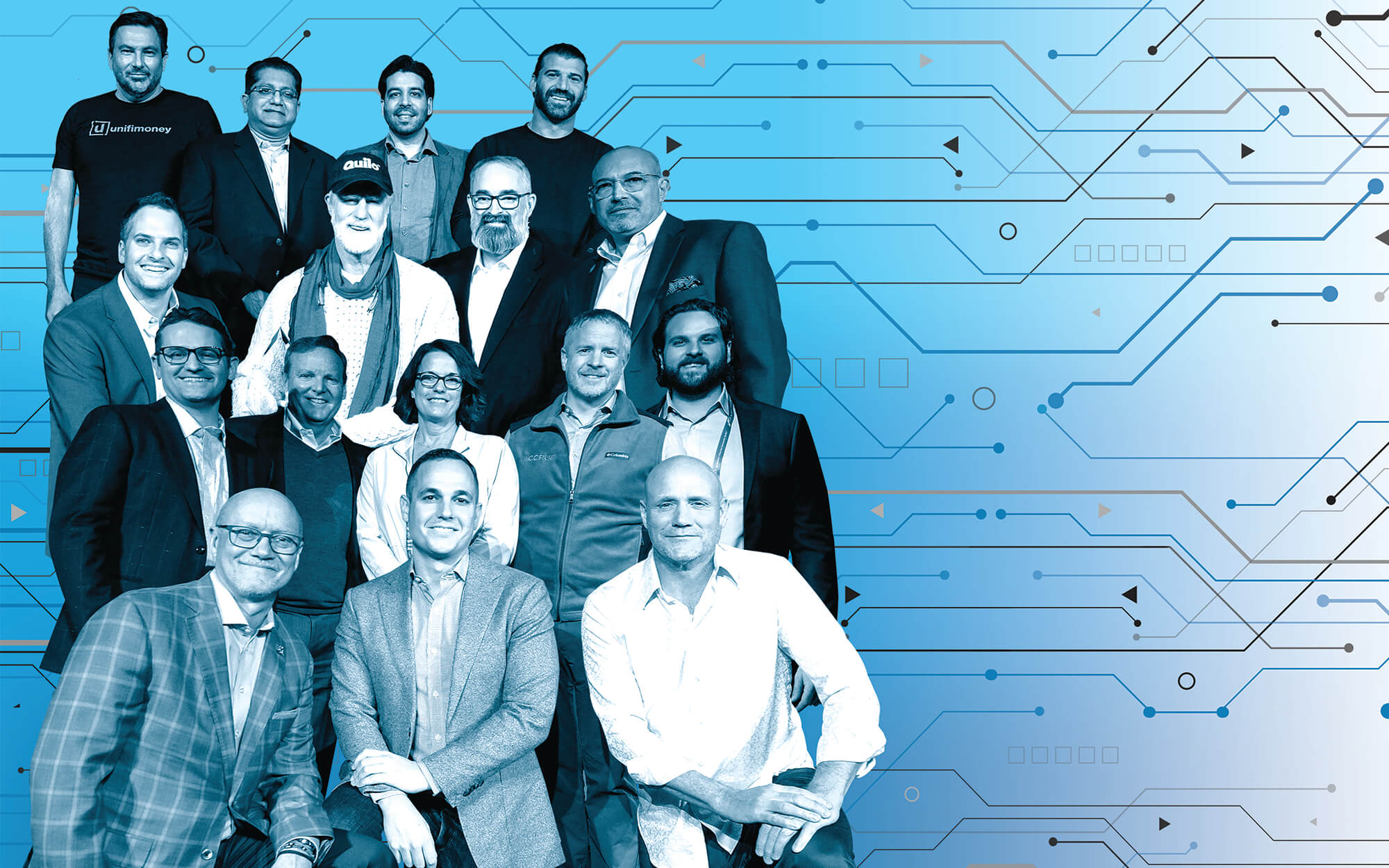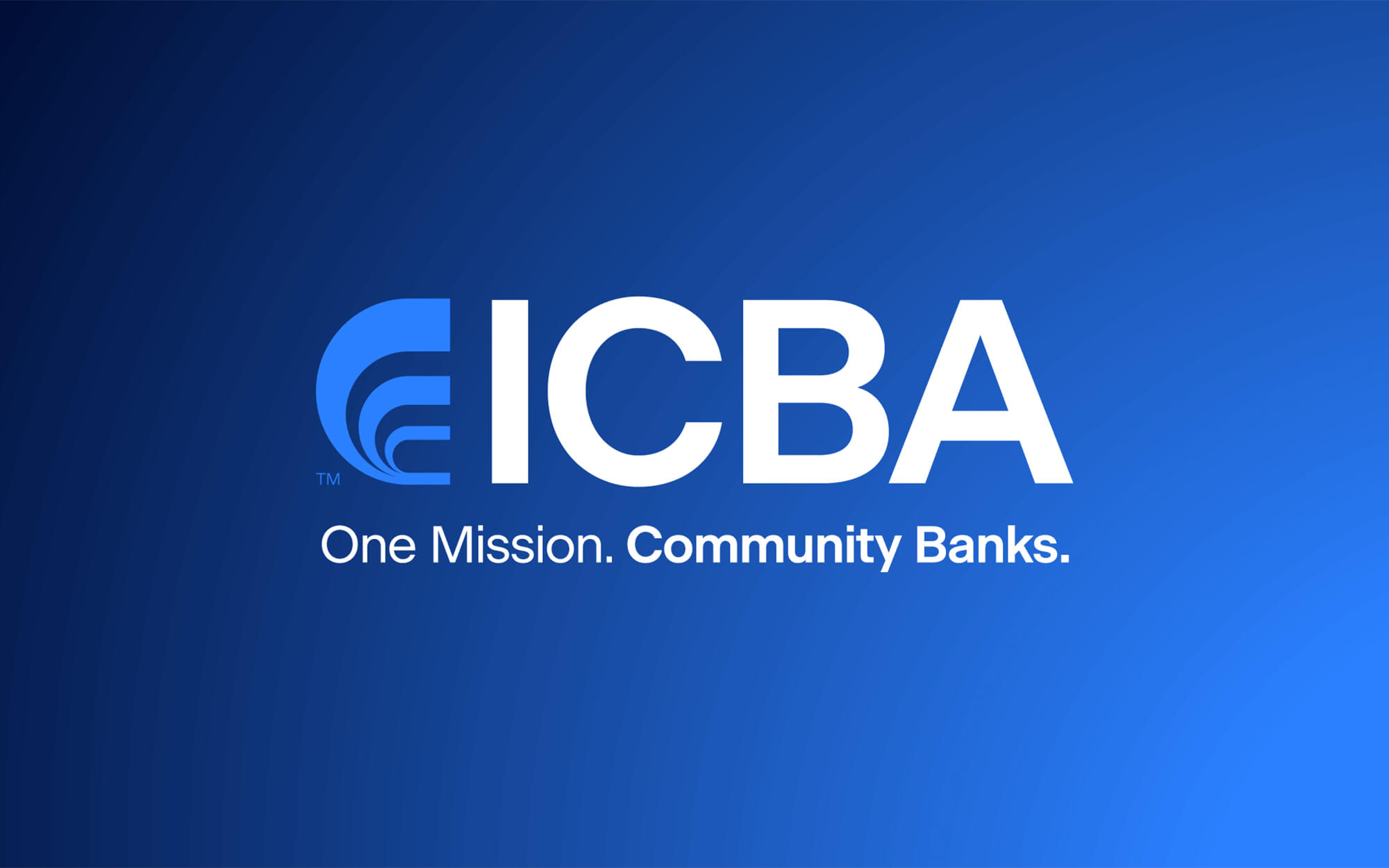Tip #1: Assess your legacy systems
According to Don Shafer, co-founder and chief evangelist of Quilo, by Qoosh Technology in Staten Island, N.Y., one major pain point for community banks is relying too heavily on core providers to build new technologies into decades-old legacy systems, which can delay launches for community banks—to their detriment.
“These legacy systems were not designed to be nimble and quick to adapt—which is why community banks are nearly always late to the dance with providing the innovation they need to have a competitive advantage,” Shafer says. “Therefore, you see more progressive community bankers partnering directly with fintechs.”
Such partnerships are greatly facilitated by open banking and the use of APIs, which gives banks more flexibility to pick the best of breed across each technology, says Ryan Canin, CEO of DocFox Inc., in Boston, Mass. That way, he notes, they’re not “controlled by their vendor’s strategy, but rather they can pick technologies to support the bank’s strategy.”
Multicloud SaaS platform adoption to leverage the latest technologies at an optimum cost while ensuring robust cybersecurity infrastructure is a must, says Anand Naik, co-founder and CEO of Sequretek in Little Rock, Ark. Customers would thus “feel confident and secure” while adopting next-generation banking and financial services.
Community banks using multiple loan origination systems and account opening solutions for different types of customers and products introduce challenges in regard to getting a 360-degree view of relationships—and opportunities to cross-sell, says Chris Sommers, chief product officer of Accrue by Core10 in Franklin, Tenn. Community banks should seek platforms and systems that can handle multiple banking functions, plus single-sign-on solutions to ensure a “pain-free experience” of managing access for both customers and bank employees.
Then there’s the legacy core itself.
“I think every bank needs to go through a cloud migration process,” says John Mizzi, co-founder and CEO of Vero Technologies in Brooklyn, N.Y. “That’s the only way they’re going to continue to evolve and scale, by then adopting conduits to take advantage of cloud-based banking technologies on an integrated basis.”
Tip #2: It’s all about the data
Another major pain point is the inability of community banks to efficiently access their data because the data lives in multiple systems, says Kim Snyder, founder and CEO of KlariVis in Roanoke, Va.
“There’s tremendous value in the data that banks have about their customers, but they haven’t been able to efficiently take advantage of that. Even when systems are owned by the same vendor, they don’t talk to each other,” Snyder says. “Solutions are now available to solve that challenge for banks so they can better understand specific customers’ needs and demands.”
Saroop Bharwani, founder and CEO of Senso in Toronto, Canada, agrees. For community banks to be more agile and competitive against bigger players, they must invest in a consolidated view of their data to better “predict, identify and engage.”
Tip #3: Keep up with consumer digital demands
Twenty years ago, investment accounts were all paper based, but now that wealth management services can be handled digitally, community banks can offer more of the products and services customers demand by incorporating more app features, says Andrew Glaze, founder and CEO of WealthStack in Austin, Texas.
“There’s a new wave of product development around consumer choice, and community banks can tap into that by providing a seamless and easy platform,” he says.
There’s also been a substantial shift in consumer behavior to invest in alternative assets, including crypto- and blockchain-supported products, and fractional investing in farmland, fine wine, sports memorabilia and other collectibles, says Ben Soppitt, co-founder and CEO of UnifiMoney in San Francisco, Calif. Community banks involved in the digital wealth management space need to adapt to the environment “to survive and thrive.”
Tip #4: Use internal tracking for all things digital
To optimize the digital experience for customers, community banks need to make sure their staff is well versed in the technologies offered and that they have the tools to help customers adopt them “as seamlessly and painlessly as possible,” says John Findlay, CEO of LemonadeLXP in Ottawa, Canada.
Indeed, investing in internal resources across the board to handle emerging technologies is paramount, says Chase Neinken, co-founder and president of Chimney in New York City, N.Y.
“I would encourage bank executives and leaders to focus more resources on developing the proper infrastructure to support technology enablement in the coming years instead of spending on the technology itself,” Neinken says. “When we look five years out, there will certainly be no lack of amazing technology. The bottlenecks will come internally from community banks trying to scale innovation centers overnight to support new technology.”
Ones to watch: the 2022 ICBA ThinkTECH Accelerator cohort
Accrue by Core10
Based: Franklin, Tenn.
Founded: 2016 (Accrue launched in 2020)
Accrue is a digital lending and account opening platform for banks, as well as an Integration-as-a-Service for core providers and other fintechs.
Chris Sommers, chief product officer

Chris Sommers
What to watch:
“Community banks need to plan for wider acceptance, circulation, and lending against digital assets and stablecoins. As more Americans hold digital assets, they’re going to demand a means to bank with them
and treat them as they do traditional assets.”
Impressions of ThinkTECH:
“For a young startup to get in front of so many forward-thinking community banks in such a short period of time is the experience of a lifetime, and one for which we’re incredibly grateful.”
“I would encourage bank executives and leaders to focus more resources on developing the proper infrastructure to support technology enablement in the coming years instead of spending on the technology itself. When we look five years out, there will certainly be no lack of amazing technology.”—Chase Neinken, Chimney
Chimney
Based: New York City
Founded: 2020
Known for its homeowner engagement tools, Chimney is transforming the way financial institutions engage customers and fund loans.
Chase Neinken, co-founder and president

Chase Neinken
What to watch:
“The most important technology to watch in community banking is not technology; it’s the people responsible for evaluating and implementing the technology. Can they keep up?”
Impressions of ThinkTECH:
“The main thing we took away was a much deeper understanding of the challenges facing community banks today and how the ecosystem works—the technology landscape, the thought leaders and the internal
thought processes.”
KlariVis
Based: Roanoke, Va.
Founded: 2019
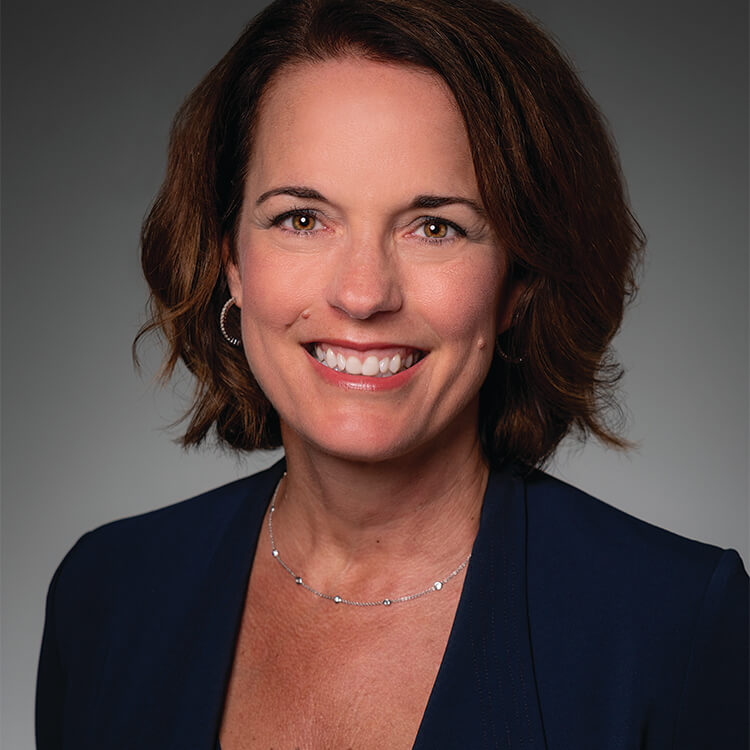
Kim Snyder
KlariVis is an enterprise dashboard and analytics platform.
Kim Snyder, founder and CEO
What to watch:
“More community banks will be moving their core to the cloud. Then, banks can better afford all the best-in-class applications.”
Impressions of ThinkTECH:
“It was a phenomenal program. Getting to talk to so many different banks across the country, all with different makeups and different priorities, was really helpful in defining our market and where
our product fits within that. The feedback from those banks helped us better determine where we should focus our R&D resources.”
LemonadeLXP
Based: Ottawa, Canada
Founded: 2018
LemonadeLXP is a digital growth platform that turns frontline staff into digital experts and supports digital banking customers.
John Findlay, CEO
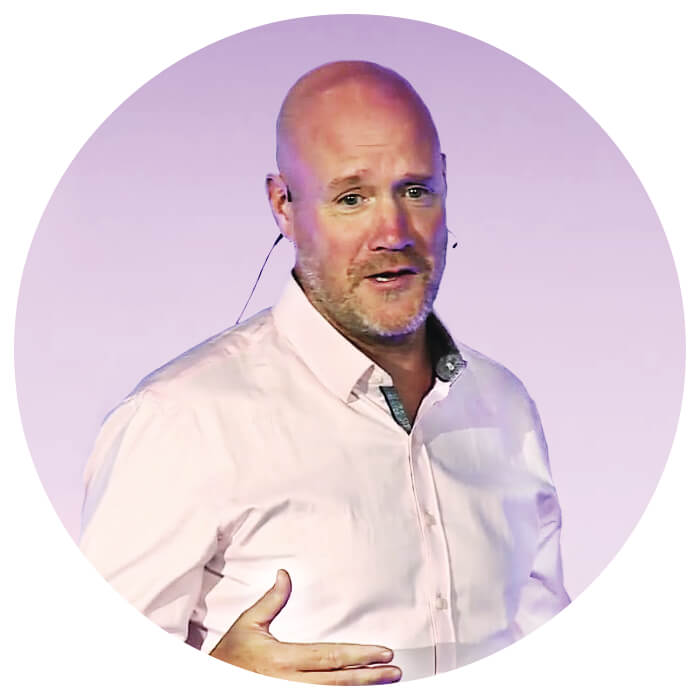
What to watch:
“Using machine learning and AI to personalize the digital banking experience will be an important element to enhancing the digital customer experience. I also think that some type of cryptocurrency is going to
be important as we move away from paper money.”
Impressions of ThinkTECH:
“Learning about the community bank space and being introduced to senior level folks. Also getting to know other companies in our cohort and previous cohorts, being able to learn from them about what
is and what is not working.”
DocFox
Based: Boston
Founded: 2016
DocFox automates business and commercial account opening for all business types.
Ryan Canin, CEO

What to watch:
“Up until now, you’ve seen very little digital disruption in the commercial banking space; most of it’s been for retail banking. But now more innovation is happening for commercial banking—including
account opening.”
Impressions of ThinkTECH:
“It was so valuable to have an audience with a diverse set of banks across asset size, geography, verticals and across levels of tech adoption. With this diverse exposure, we could be better informed
about which types of banks would be the right fit for us and our products.”
Quilo, by Qoosh Technology
Based: Staten Island, N.Y.
Founded: 2021
Quilo is a digital lending platform for personal loans. Banks can also provide instant financing to customers of their business clients.
Don Shafer, co-founder and chief evangelist
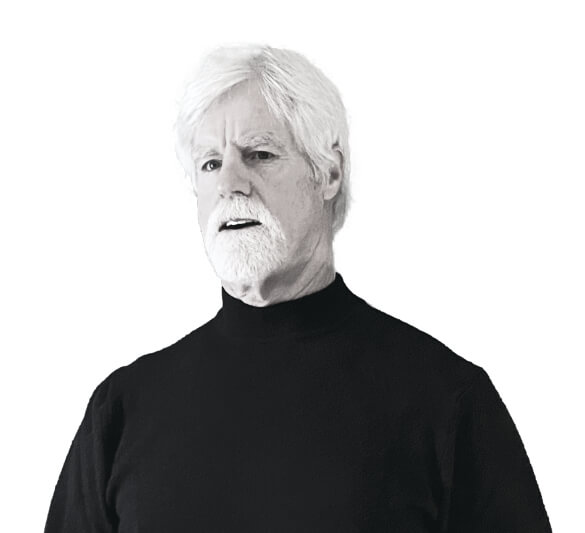
What to watch:
“A digital lending platform for personal loans, which can help meet banks’ strategic goals: book more loans; increase the number of businesses banking relationships; act on digital transformation; and acquire
more Gen Zers and millennials to remain relevant.”
Impressions of ThinkTECH:
“The team evaluates more than 300 fintechs per year to find the top 10 they believe can have an impact on a bank’s performance. Then they go the extra mile and set up one-on-one meetings with
every ICBA member bank that signs up.”
Senso
Based: Toronto
Founded: 2018
Senso is an intelligence and engagement platform to help mortgage lenders build long-lasting relationships by proactively engaging borrowers leading up to their next financing.
Saroop Bharwani, founder and CEO
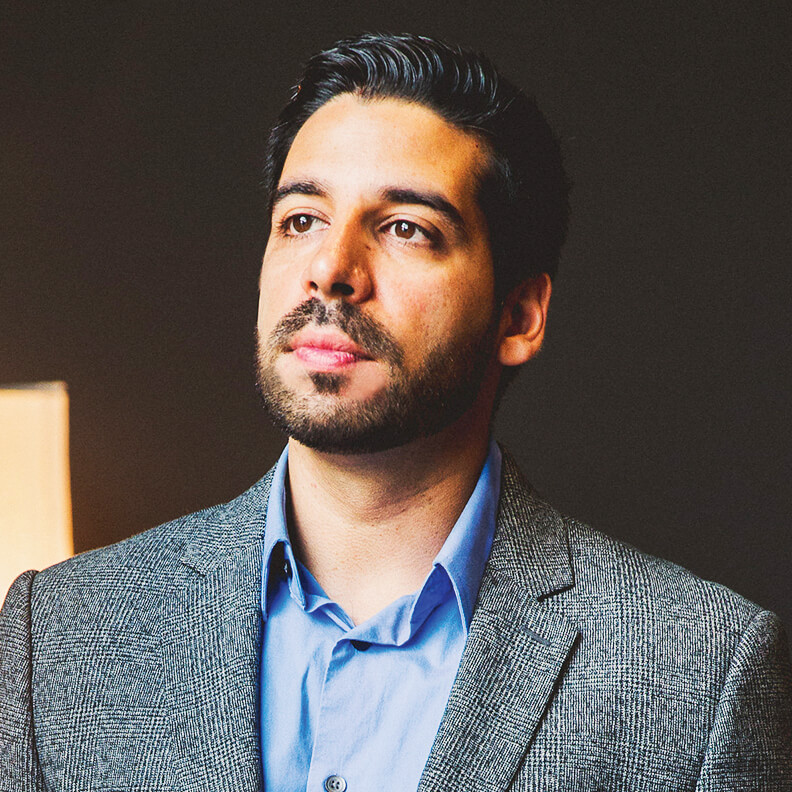
What to watch:
“Increased access to consumer data that is pulled via APIs—payroll data, credit data, banking data—and the amalgamation of that data into one place.”
Impressions of ThinkTECH:
“Without the program, it would have taken us a few years to do what we did in three months. If an entrepreneur is going to launch products for community banks, there’s no better place to do it
than the accelerator program.”
Sequretek
Based: Little Rock, Ark.
Founded: 2013
Sequretek’s Percept XDR cloud security platform helps secure community banks’ IT infrastructure, assets and applications, by monitoring, detecting and responding to cyberthreats on a 24/7 basis.
Anand Naik, co-founder and CEO
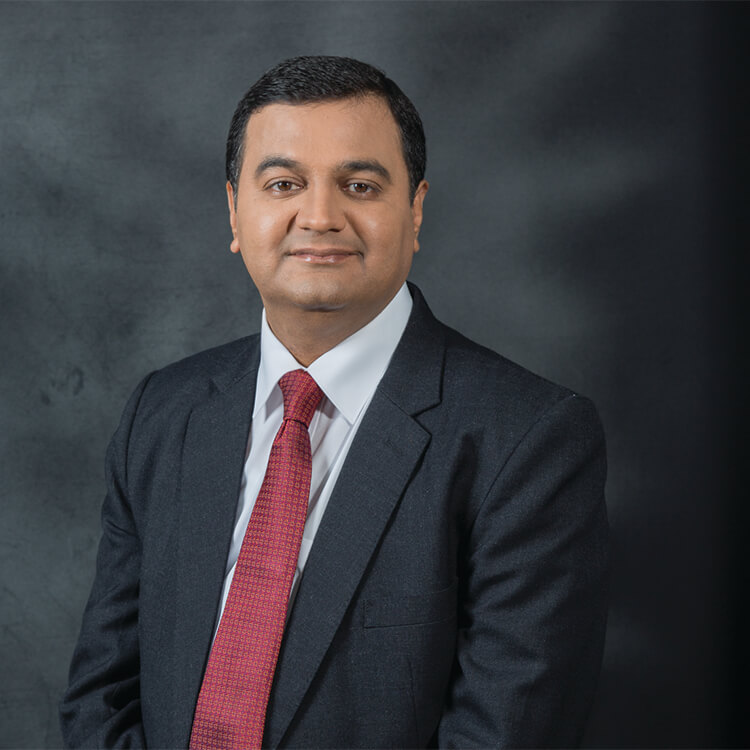
What to watch:
“Adopting AI/ML-based algorithms will help community banks be more proactive and predictive of their customers’ real-time needs, to service them promptly, securely and efficiently.”
Impressions of ThinkTECH:
“We found tremendous value in participating in ICBA’s ThinkTECH Accelerator. We thank you for giving us this opportunity and platform to engage with a broad spectrum of community banks across
the country. This program also helped us to work with cohort companies in defining next-generation solutions for the member banks.”
“I think every bank needs to go through a cloud migration process. That’s the only way they’re going to continue to evolve and scale, by then adopting conduits to take advantage of cloud-based banking technologies on an integrated basis.”—John Mizzi, Vero Technologies
UnifiMoney
Based: San Francisco
Founded: 2019
UnifiMoney is a digital wealth management platform that community banks can provide to their customers to invest in multiple types of assets passively and actively, including ETFs, metals and cryptocurrencies.

Ben Soppitt, co-founder and CEO
What to watch:
“There will be a lot more crypto- and blockchain-supported solutions.”
Impressions of ThinkTECH:
“It was extremely effective for us, and we improved our go-to-market approach. We learned a huge amount from the collective experience and intelligence of the community banks we met, and we built an
incredible pipeline of progressive and innovative banking partners through that.”
Vero Technologies
Based: Brooklyn, N.Y.
Founded: 2020
Vero is an end-to-end commercial lending platform that includes loan servicing operations so banks can offer new credit products without adding headcount or investing in new systems.
John Mizzi, co-founder and CEO

What to watch:
“More utilization of opening banking infrastructure with APIs that enable banks to adopt and layer on new products efficiently without having to go to some massive core integration.”
Impressions of ThinkTECH:
“Before the accelerator, getting in front of banks was a tall hill to climb. But this program helped us to identify the banks where the services we provide are a strategic priority—it was like
finding a needle in a haystack.”
WealthStack
Based: Austin, Texas
Founded: 2020
WealthStack is a digital investment platform that offers simple IRAs to small businesses and their employees through partnerships with community banks.
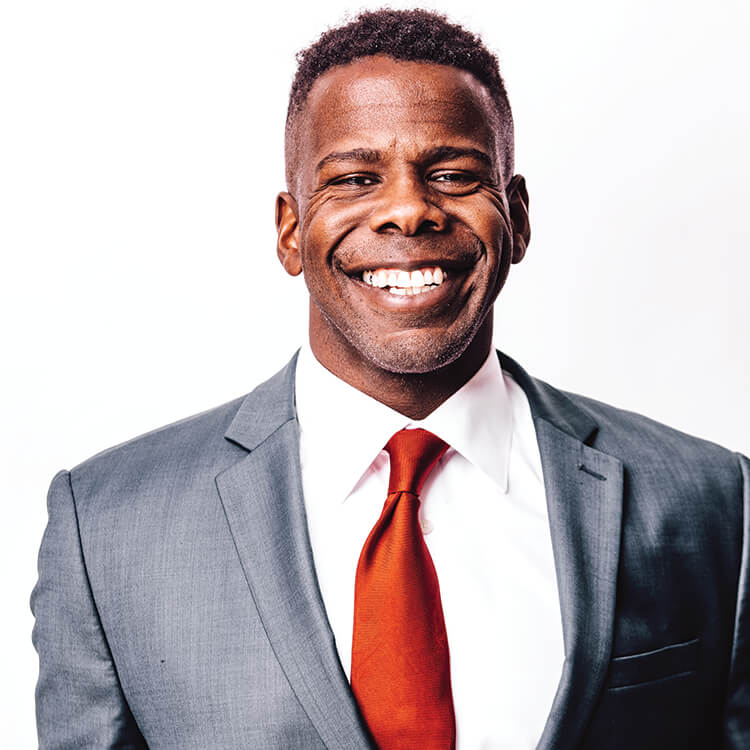
Andrew Glaze, founder and CEO
What to watch:
“Increasing use of APIs and truly open cores to create an Apple Store-like ecosystem allow more and more connectivity and less of the siloes we see today.”
Impressions of ThinkTECH:
“I’m exceedingly grateful for the lessons I learned about how community banks work and what matters to each of them—from small town banks in New Mexico to business banks in Boston, to Korean
American banks in L.A.”
ICBA’s ThinkTECH Accelerator
The ThinkTECH Accelerator program was launched in 2019 through a partnership between ICBA and The Venture Center in Little Rock, Ark., to connect community bankers and fintech visionaries to develop solutions specifically for the industry.
Daniel Schutte, The Venture Center’s managing director of Accelerator programs, encourages every community banker to participate in the program to become even more competitive against bigger players and nonbanks for nontraditional financial services.
“Ultimately you’ll have to find those niches and deliver products into them, but no other industry, or segment of your industry, is in the position to do it to the extent you can,” Schutte says. “We can help you start to explore via the ICBA ThinkTECH Accelerator, and we’re here as a resource for you on your journey.”


